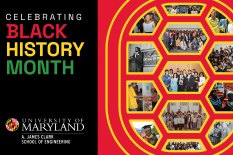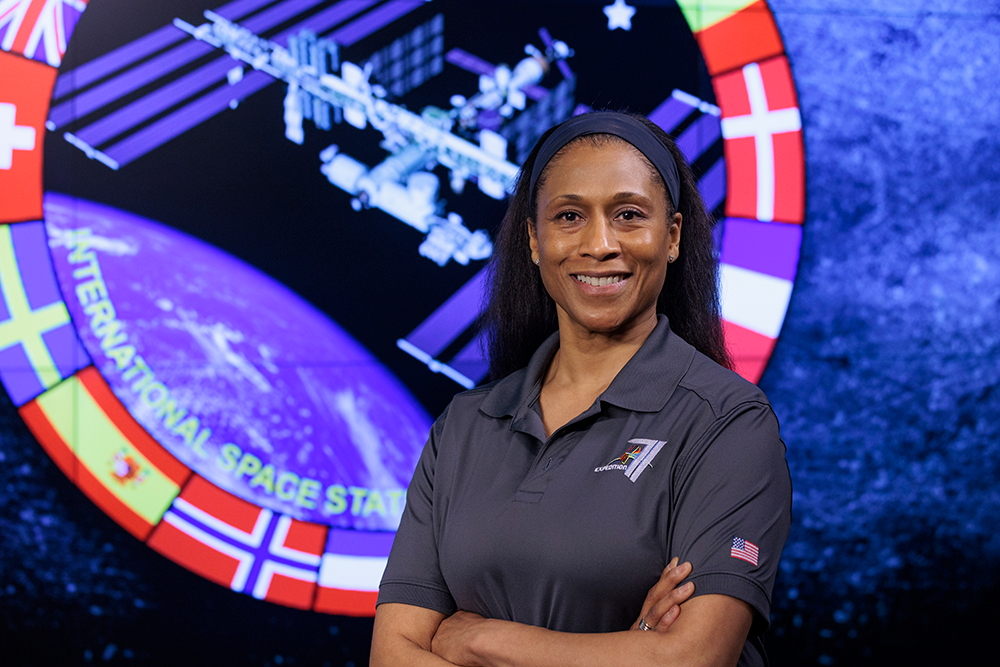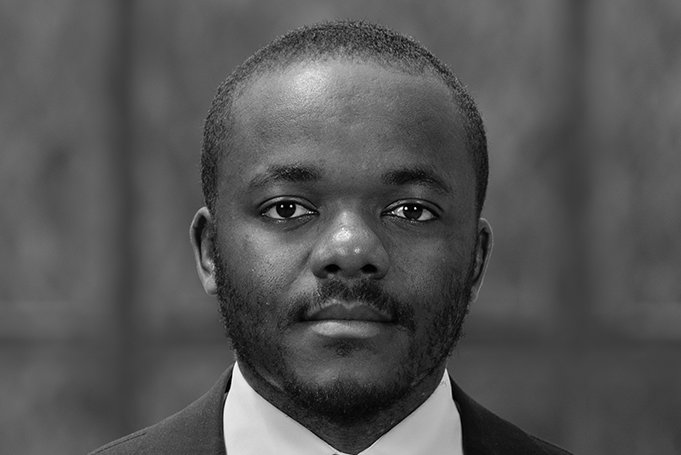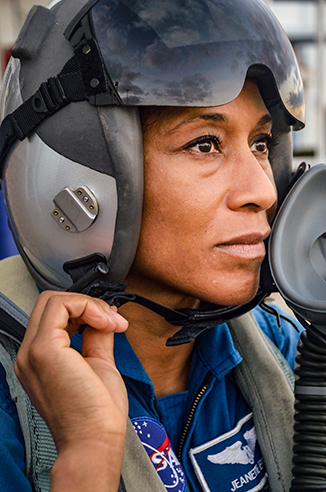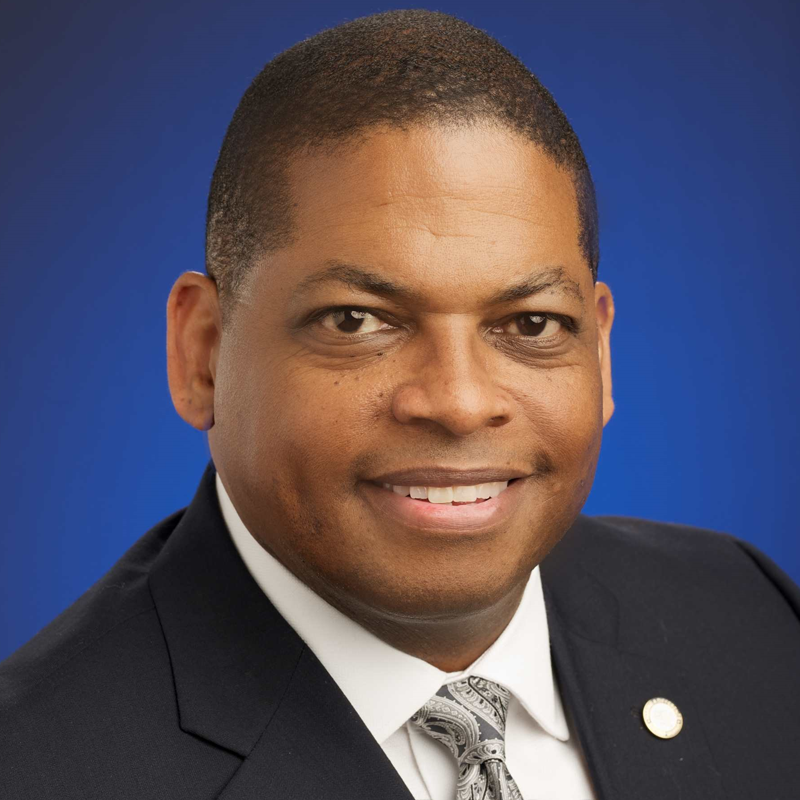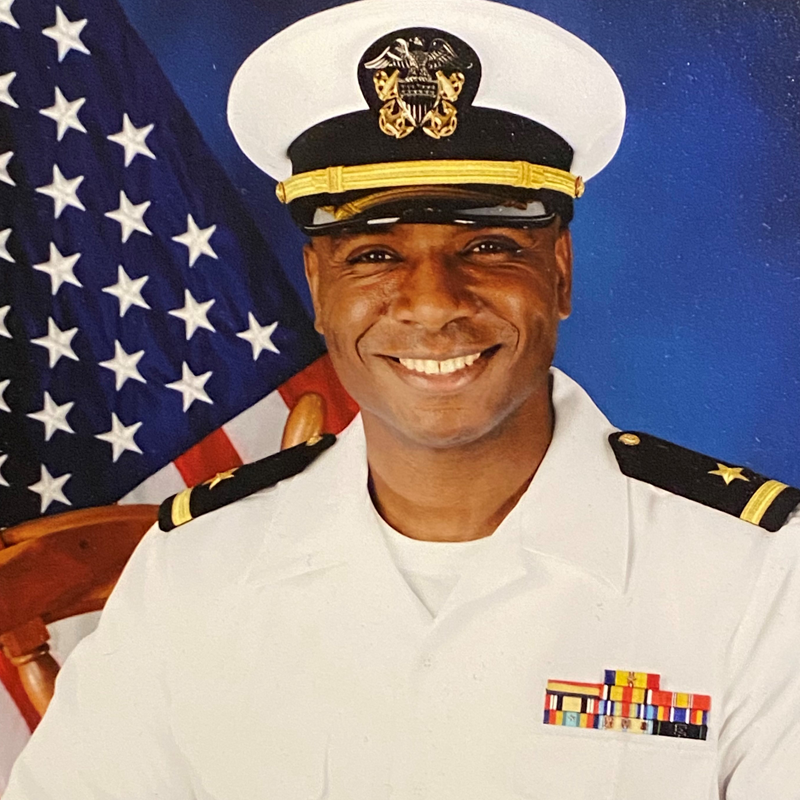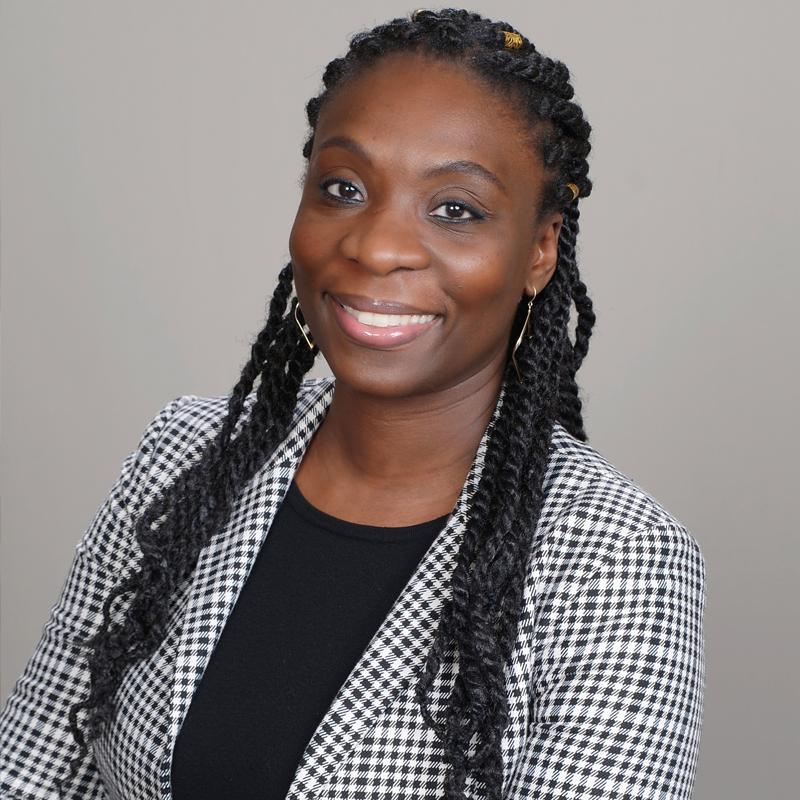News Story
Celebrating the Impact of Black Maryland Engineers and Leaders
At the A. James Clark School of Engineering, we are fortunate to be members of a community filled with conscientious and inventive problem solvers dedicated to improving society. We know that our engineering field—and our world—benefits from a supportive environment, and the collaboration it fosters.
We recognize that varied perspectives play a major role in an excellent learning environment, and one that spurs real solutions to society’s most pressing challenges. In February, the Clark School joins the national celebration of Black History Month, paying tribute to the many contributions and legacies of Black Americans in the United States, by learning more about some of our most pioneering and influential community members, past and present.
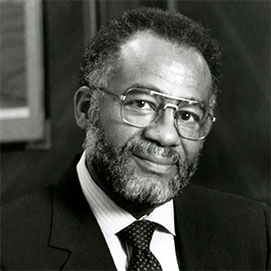 |
John Brooks Slaughter (March 16, 1934 – December 6, 2023) was a groundbreaking engineer who served as chancellor—and the first Black leader of UMD—starting in 1982. He went on to become one of the most prominent and influential Black leaders in higher education. With a career that spanned government agencies, nonprofits, and academia, he worked tirelessly over 50 years to improve educational opportunities for women, the LGBTQ community, and students of color while promoting science education and research. Slaughter served as the first Black president of the National Science Foundation (NSF), where he advocated for science education and funding and founded its Directorate of Engineering. He later served as the first Black president of Occidental College, and he was the third Black inductee into the National Academy of Engineering. A powerful voice, his work to boost the recruitment and retention of Black students and faculty helped change the landscape at UMD and beyond. UMD President Darryll J. Pines called Slaughter “a passionate and pioneering leader” and “a man who was deemed the first to achieve greatness—in his career and lifetime—in category after category.” |
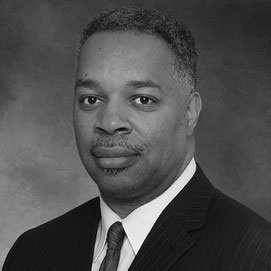 |
A distinguished alum and leader in the field of engineering, Kevin C. Greenaugh Ph.D. ’98 (May 15, 1956 – December 17, 2023) set a striking example of service to society. The U.K. native raised in a U.S. military family was the first Black American to earn a Ph.D. in nuclear engineering at UMD. “By breaking that barrier, he set an example that decades of future engineers have followed,” said Clark School Dean and Nariman Farvardin Professor Samuel Graham, Jr. Greenaugh continued on a path of leadership and service in key roles at the National Nuclear Security Administration, helping protect our country’s national security. He also conducted widely recognized and referenced research and managed a program focused on defending the planet from potential collisions with near-earth objects, including comets and asteroids. In 2006, Greenaugh was named Black Engineer of the Year by the editors of U.S. Black Engineer. A strong supporter of the Clark School and UMD, his legacy will live on within them. |
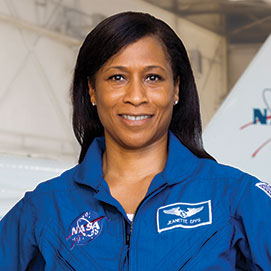 |
Jeanette Epps M.S. ’94, Ph.D. ’00, an engineer and now a NASA astronaut, is scheduled to join the Crew-8 mission in early 2024, traveling on SpaceX’s Crew Dragon spacecraft on what will be Epps’s first spaceflight. During the six-month mission, she will serve as a mission specialist and flight engineer on the International Space Station (ISS), performing maintenance and scientific research, and is only the second Black woman to fly a long-duration ISS mission. One of her favorite things is to tell students about the work done at NASA: “I love seeing their excitement,” she said. “It inspires me to work hard to make opportunities for them.” Epps worked at the Ford Motor company’s Scientific Research Laboratory after finishing her doctoral studies in aerospace engineering at the Clark School. Later, she worked as an analyst and a technical operations officer for the Central Intelligence Agency. But Epps had higher aspirations—literally. In 2008, she applied to the astronaut corps, and in 2011 she completed her training, including conducting a spacewalk, making her UMD’s first Ph.D. graduate in aerospace engineering to become a NASA astronaut. She cited aerospace engineer and UMD President Pines, among others in the Clark School, as helping her succeed in her nearly 25-year career. Follow Epps at @Astro_Jeanette on X. |
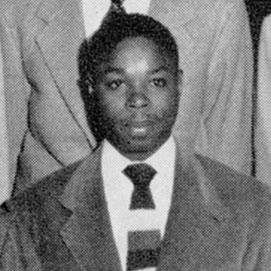 |
After much persistence, several years of legal action, and assistance from the NAACP, Hiram Whittle Hon. ’20 (January 17, 1931 – September 27, 2021) was the first African American student to be admitted to the University of Maryland—three years before the landmark Brown vs. Board of Education ruling that declared the “separate but equal” doctrine unconstitutional. Whittle studied electrical engineering before transferring to a school in New York. He was awarded an honorary degree from the University of Maryland in 2020. |
Published February 1, 2024
